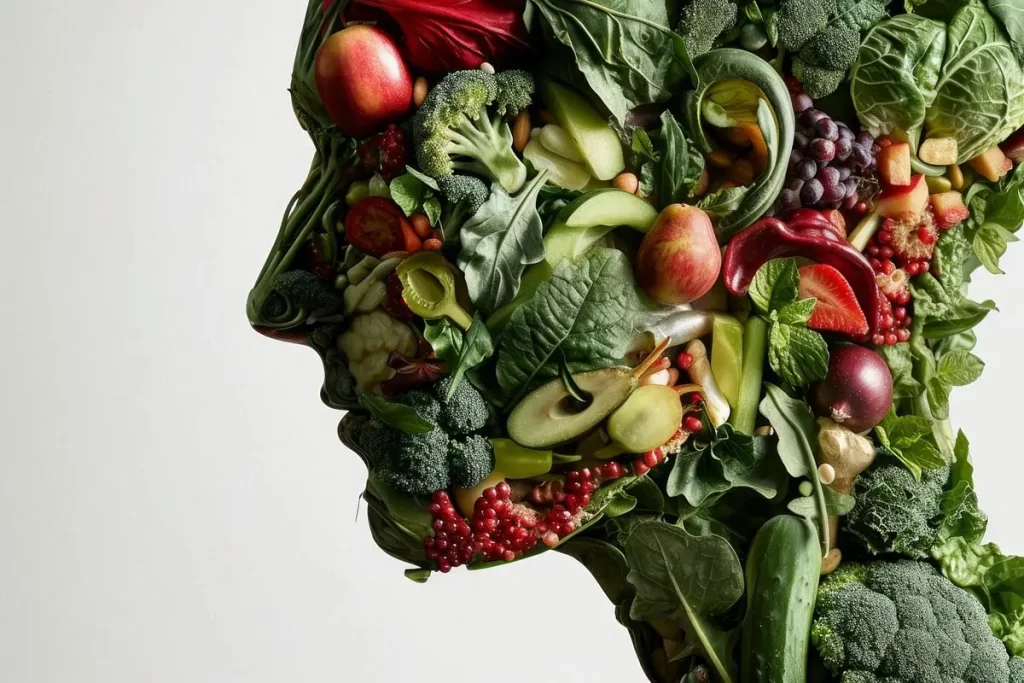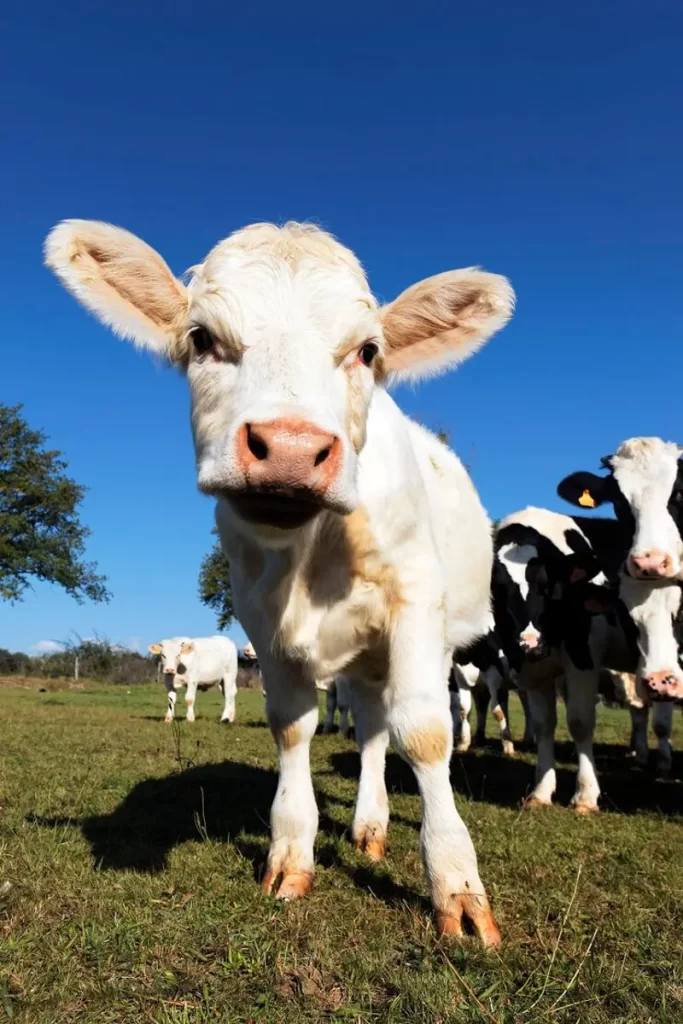
This post contains affiliate links. For more information, see our disclosures here.
Embracing a plant-based diet has surged in popularity across the United States, surpassing other dietary trends like keto for the first time in five years. This shift reflects a growing awareness of the myriad benefits associated with plant-based eating, from personal health improvements to positive environmental impacts. In this article, we’ll delve into how adopting a plant-based diet can influence your biological age, bolster gut health, offer economic advantages, and contribute to a more sustainable planet.
Reverse Aging: The Impact of Plant-Based Eating on Biological Age
A recent study published in BMC Medicine by Stanford University researchers suggests that adopting a vegan diet may help reduce biological age. The study observed 21 pairs of identical twins over eight weeks, where one twin followed a vegan diet while the other maintained an omnivorous diet. Results showed that the twins on the vegan diet experienced a decrease in biological age, as measured by DNA methylation markers, which are closely linked to aging. Additionally, improvements were noted in cardiovascular, hormonal, liver, inflammatory, and metabolic health. These findings highlight the potential of plant-based nutrition to promote longevity and overall well-being.
By focusing on nutrient-dense fruits, vegetables, whole grains, and legumes, individuals can provide their bodies with antioxidants and phytochemicals that combat oxidative stress—a key factor in aging. While more research is needed to draw definitive conclusions, initial findings are promising and indicate that dietary choices play a significant role in determining biological age.
The Longevity Connection: What We Can Learn from the Blue Zones
Around the world, certain regions—known as Blue Zones—boast an unusually high number of centenarians who enjoy long and healthy lives. These areas, which include Okinawa (Japan), Sardinia (Italy), and Loma Linda (California), share common lifestyle factors such as strong social ties, regular physical activity, and predominantly plant-based diets. Studies suggest that these populations benefit from high intakes of legumes, whole grains, fruits, and vegetables while consuming minimal processed foods and animal products. Their dietary habits, combined with reduced stress, active lifestyles, and community engagement, contribute to their remarkable longevity. Incorporating these principles into your own life may enhance overall well-being and increase lifespan.

Gut Health: Nourishing Your Microbiome with Plant-Based Foods
The health of our gut microbiome is crucial for overall well-being, influencing digestion, immune function, and even mental health. Diets rich in plant-based foods promote a diverse and robust microbiome due to their high fiber content. Fiber serves as a prebiotic, feeding beneficial gut bacteria and fostering an environment where they can thrive. In contrast, diets high in animal products may lack sufficient fiber, potentially leading to a less diverse gut microbiota. Incorporating a variety of plant foods can thus support a healthier digestive system and enhance nutrient absorption.
Are You Doing It Right? Avoiding Pitfalls in a Plant-Based Diet
Switching to a plant-based diet can bring many benefits, but improper execution may lead to nutritional deficiencies or unhealthy eating habits. Here’s what to watch out for:
- Getting Enough Protein: Ensure your diet includes diverse plant protein sources like lentils, quinoa, tofu, and chickpeas to meet your daily protein needs.
- The B12 Factor: Since vitamin B12 is mainly found in animal products, consider supplementation or fortified foods to prevent deficiency.
- Beware of Plant-Based Junk Food: Vegan doesn’t always mean healthy. Overconsumption of processed plant-based alternatives, fried foods, and refined grains can lead to poor nutrition and weight gain.
Economic Advantages: Is a Plant-Based Diet More Affordable?
Transitioning to a plant-based diet can also be economically beneficial. Staple plant-based foods such as legumes, grains, and seasonal vegetables are often more affordable than meat and dairy products. For instance, incorporating items like lentils, beans, and whole grains into your meals can reduce grocery bills while providing essential nutrients. Additionally, a diet emphasizing whole, plant-based foods may decrease healthcare costs associated with chronic diseases, leading to further financial savings.
Environmental Impact and Animal Welfare: A Sustainable Choice
The environmental impact of dietary choices is profound. Animal agriculture is a significant contributor to greenhouse gas emissions, deforestation, and water consumption. By shifting towards a plant-based diet, individuals can reduce their carbon footprint and lessen the strain on natural resources. Moreover, choosing plant-based options supports animal welfare by decreasing demand for factory farming practices. This conscious decision aligns personal health goals with broader ethical and environmental considerations.

Conclusion
Adopting a plant-based diet offers a holistic approach to enhancing personal health, achieving economic savings, and promoting environmental sustainability. As this dietary trend continues to gain momentum in the United States, individuals have the opportunity to experience the multifaceted benefits that come with embracing plant-based nutrition. Whether motivated by health, budget, or ethical reasons, transitioning to a plant-based diet can be a rewarding and impactful choice.
DISCLAIMER
This website is not intended to provide medical advice or to take the place of medical advice and treatment from your personal physician. Visitors are advised to consult their own doctors or other qualified health professional regarding the treatment of medical conditions. The author shall not be held liable or responsible for any misunderstanding or misuse of the information contained on this site or for any loss, damage, or injury caused, or alleged to be caused, directly or indirectly by any treatment, action, or application of any food or food source discussed in this website. The U.S. Food and Drug Administration have not evaluated the statements on this website. The information is not intended to diagnose, treat, cure, or prevent any disease.
Trademarks utilized on our website belong to their respective owners and no implied or expressed endorsement of our website or services is intended. Through in-depth research and experienced editors we provide feedback about products and services. We are independently owned, and opinions expressed here are our own. This website is an independent professional comparison and review site supported by referral fees from the sites and products featured.
DISCLOSURE: This page contains affiliate link(s). An affiliate link means we can earn advertising/referral fees if you make a purchase through our link, without any extra cost to you. Thanks for your support!
THIS IS AN ADVERTORIAL AND NOT AN ACTUAL NEWS ARTICLE, BLOG, OR CONSUMER PROTECTION UPDATE.



